Almost all of last year (and a considerable part before) was marked by conflict between Apple and Qualcomm. In the end, peace was reached, both sides buried the hatchet and signed a new cooperation contract. However, he is now getting the first serious cracks.
It could be interest you
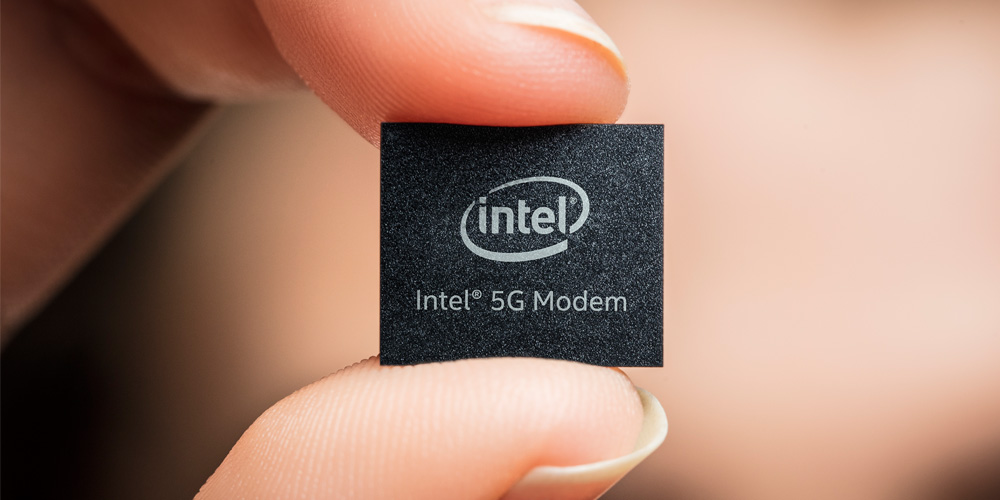
This year's iPhones will be compatible with 5G networks for the first time, and since Apple is still unable to manufacture its own modems, Qualcomm will once again be the supplier. After years of bickering, the two companies have agreed to further cooperation, which will last at least until Apple finalizes its own 5G modem designs. However, this is not expected until 2021 or 2022 at the earliest. Until then, Apple will be dependent on Qualcomm.
This now turns out to be a minor problem. An insider told Fast Company that Apple is experiencing issues with the antenna that Qualcomm supplies for its 5G modems. According to his information, the Qualcomm antenna is too large for Apple to reasonably implement it in the redesigned chassis of this year's iPhones. Because of this, Apple should have decided to manufacture the antenna themselves (again).
It could be interest you
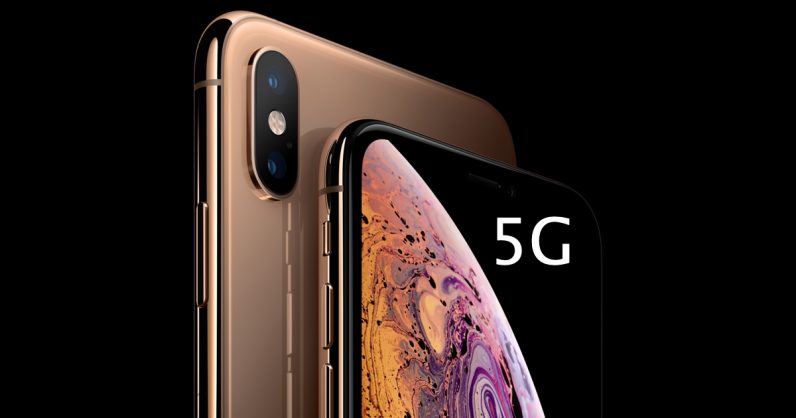
It's been there a few times before, and Apple has never been very good at it. Perhaps the most famous was "Antennagate" in the case of the iPhone 4, and Jobs' famous "you're holding it wrong". Apple also had problems with its own antenna design in other iPhones. They mainly manifested themselves in worse signal reception or its complete loss. The fact that the construction of the 5G antenna is much more demanding than it was with 3G/4G solutions does not add too much optimism either.
What the upcoming "5G iPhone" could look like:
Relatedly, behind-the-scenes sources say that Apple is designing its own antenna, saying that it could start using Qualcomm's one later, once it is miniaturized enough. Its current form is not compatible with the planned design of the new iPhones, and design modifications are time-consuming. So Apple doesn't have much of a choice, because if it has to wait for a revision from Qualcomm, it probably won't make it to the traditional autumn start of sales. On the other hand, Apple cannot afford another embarrassment with the antenna, especially with the first-ever 5G iPhone.
It could be interest you
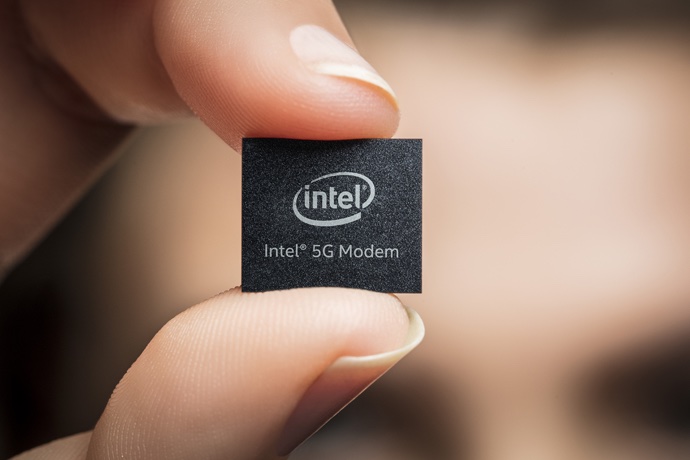
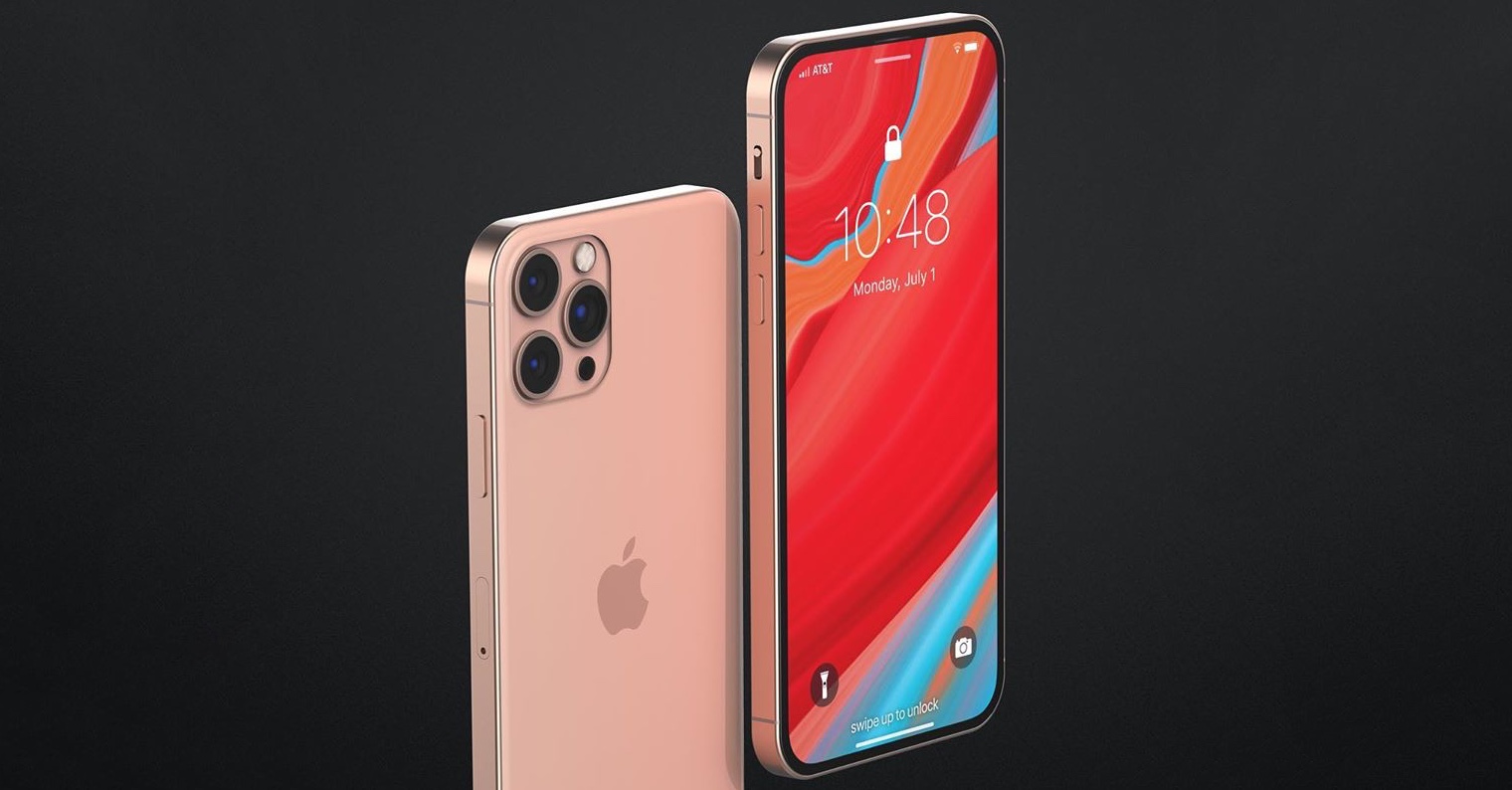
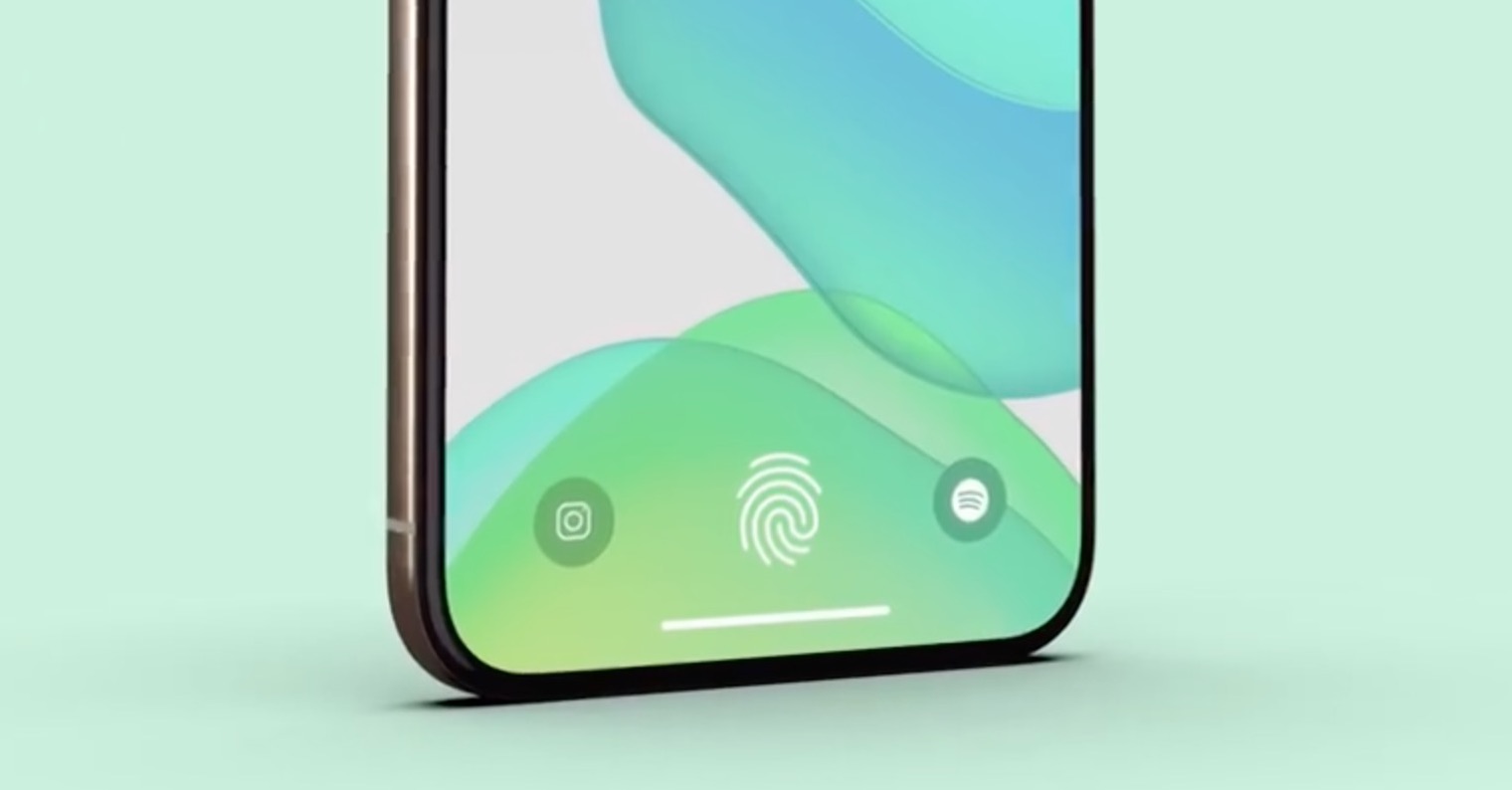
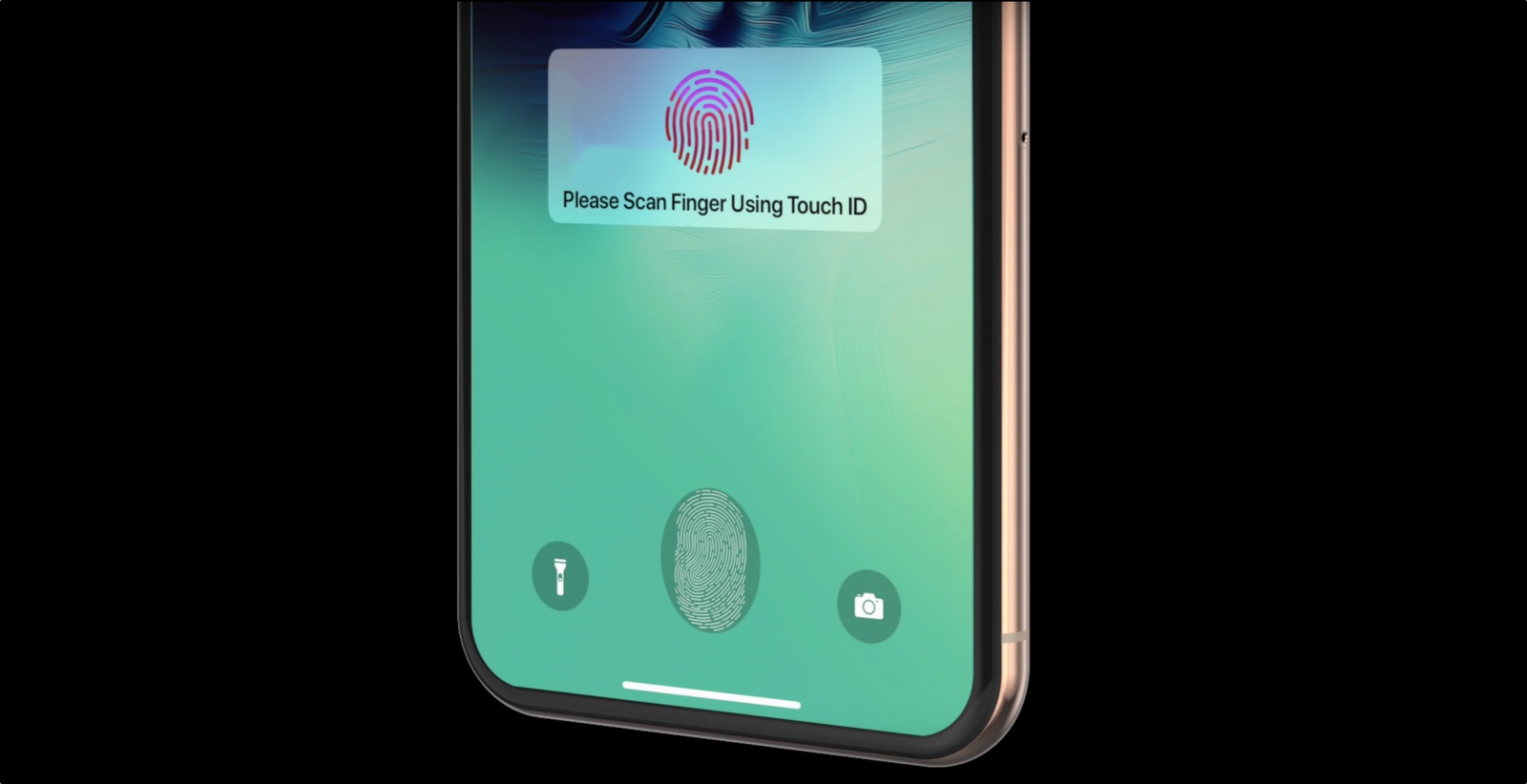
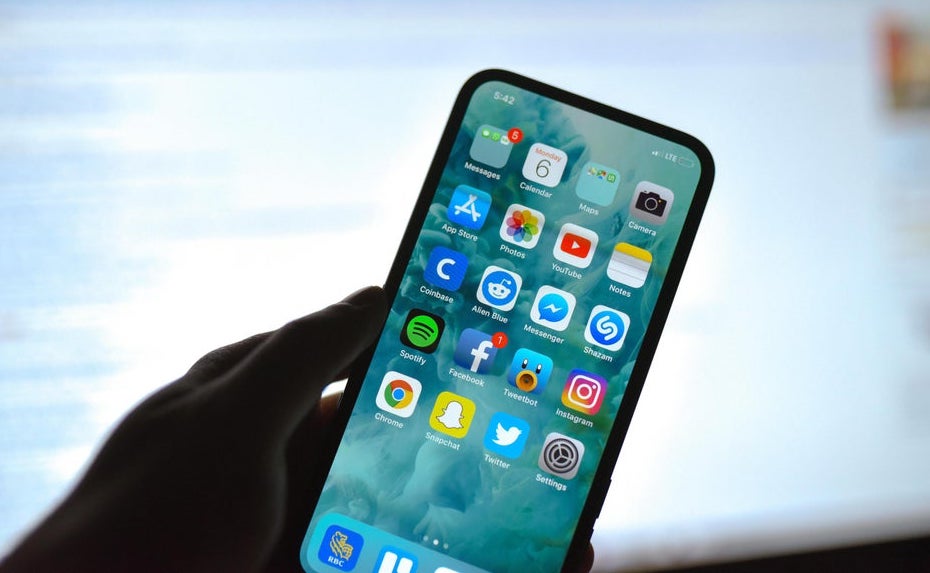
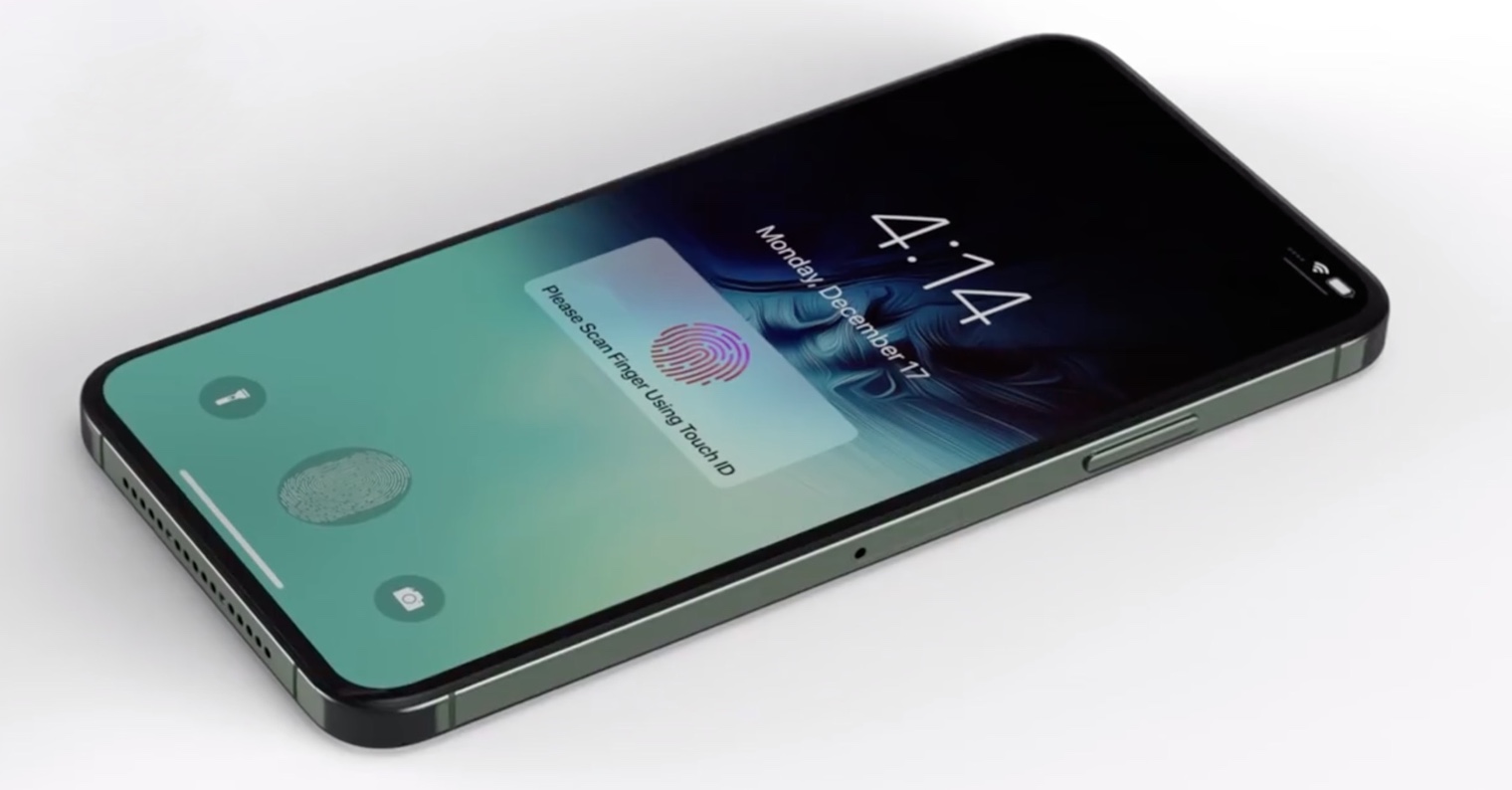
The editor is not very good at grammar! Since when are companies alive to have the subject and predicate agree with soft and...